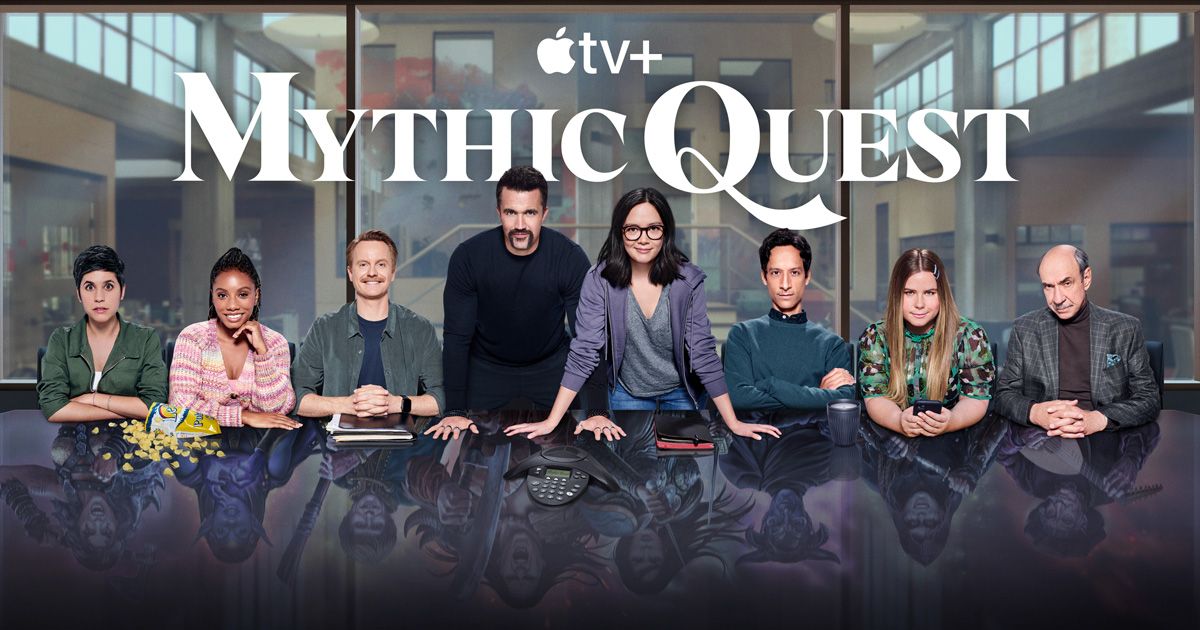
The Pod Generation (2023) - Movie Review
- Sep 8, 2023
In an era where discussions about artificial intelligence (AI) regularly make headlines, oscillating between awe-inspiring innovations and dire warnings of human obsolescence. Sophie Barthes' latest cinematic offering, "The Pod Generation," aims to capture the zeitgeist. The film delves into the ethical and emotional ramifications of a society increasingly dependent on technology. However, execution leaves much to be desired.
See Also: Gran Turismo (2023) - Movie Review
Set in a near-future landscape, "The Pod Generation" centers around Rachel, (Emilia Clarke), and Alvy, (Chiwetel Ejiofor.) They are a married couple standing at opposite ends of the technology spectrum. Rachel is a career-focused individual, thriving in her tech-centric role. Meanwhile, Alvy, an ardent botanist, revels in the simple joys of nature and traditionalism. This dichotomy sets the stage for their complex relationship and their contrasting views on a rapidly evolving world that now features in-home nature pods, AI-driven therapists, and even artificial wombs.
Their marital tension reaches its apex when they decide to have a child. Keen to keep her career and physical health unaffected, Rachel persuades Alvy to go for a synthetic pregnancy solution offered by Pegasus, a tech behemoth. This involves using a detachable artificial womb from Pegasus' Womb Center. The center is a facility catering to the affluent who prefer high-tech pregnancy solutions. The couple’s philosophical disagreements about the role of technology in human life become more apparent as they navigate this journey.
Although the film attempts to be a critique of how AI and technology can create emotional and ethical chasms, it's marred by a heavy-handed approach. Rachel and Alvy are designed to be contrasting figures. However, the characters lack nuanced development, making them feel more like walking and talking than authentic human beings. Every line of dialogue seems crafted not for believability but for hammering home the film's message, which is not a complex one. Technology may distance us from our natural selves, prioritizing convenience over meaningful human connection.
Nevertheless, the film does have its merits. It ambitiously tries to cover various societal issues stemming from technological intrusion, extending from domestic life to capitalist exploitation. Figures like Linda (Rosalie Craig), who runs the Womb Center, serve as disturbing yet realistic embodiments of how capitalism can insidiously commercialize even the most intimate aspects of human life. Furthermore, the film subtly criticizes the faux-feminist narrative pushed by corporations. It illustrates that technological solutions like detachable wombs are far from liberating when they commodify essential human experiences.
However, the film's intellectual engagements lack emotional counterparts. Its discussions, while intellectually stimulating, fail to tug at the heartstrings. This makes the emotional dynamics between Rachel and Alvy seem more contrived than genuine. Despite their acting prowess, Clarke and Ejiofor seem hindered by a lackluster script that doesn't allow them room to breathe or build credible chemistry.
In its visual aspects, "The Pod Generation" offers a redeeming quality. The set design and cinematography do justice to the eerie beauty of a dystopian future. This provides the film with some grounding. Yet, this is not enough to lift the film from its overarching mediocrity. What could have been a compelling social commentary ends up feeling like a preliminary draft in need of further refinement.
In sum, while Sophie Barthes' "The Pod Generation" is a well-intentioned cautionary tale about the perils of over-reliance on technology, it falls short of delivering its message in a compelling and emotionally resonant manner. The film touches on critical debates of our times but fails to do so in a way that leaves a lasting impact, feeling ultimately like an idea not yet fully formed.







